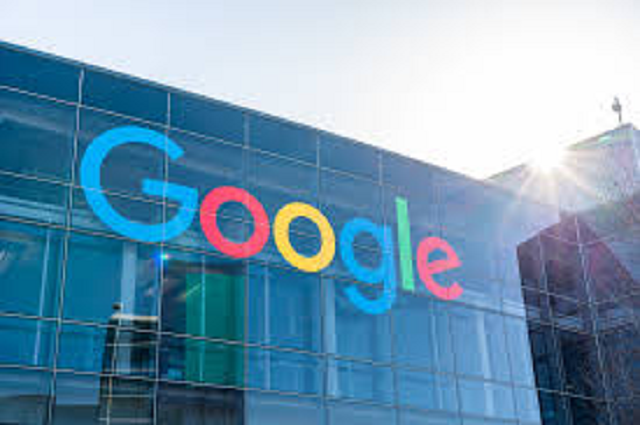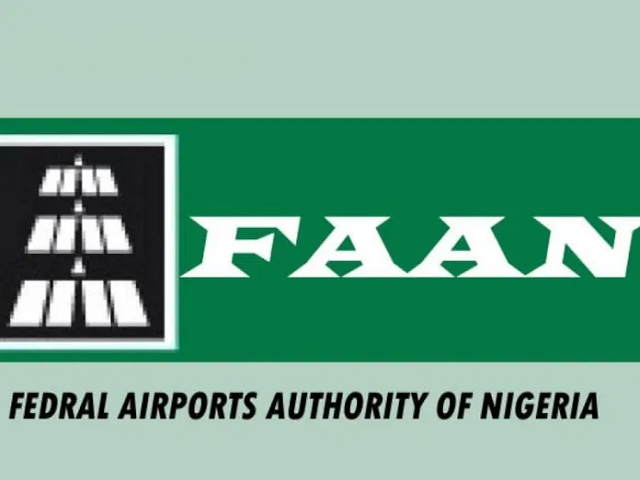Google has today released new search trends that show that people in Nigeria are increasingly interested in the topic. Search interest in “artificial intelligence” reached a record high in 2022 in Nigeria and across the world. Top trending questions in Nigeria include “what is AI art”, “what is deep learning in artificial intelligence”, “how to become an AI engineer” and “when was artificial intelligence invented” – all of which have been searched 5,000% more in 2022 than 2021.
Other searches included “what is artificial intelligence all about” (+370%), “is artificial intelligence a course” (+260%) and “what is artificial intelligence” (+130%).
Google, who views AI as a solution for addressing significant societal challenges, like climate change, recently shared their approach to pursuing AI responsibly, which includes the need to prioritise building and testing for safety, and prioritising its purpose for public good.
Matt Brittin, President of Google Europe, the Middle East and Africa said: “It’s great to see people in Nigeria showing more of an interest in the transformational technology that is AI. AI is already a key part of many of our lives – in fact, if you use Google tools regularly, you’re probably using AI without even realising: it’s what helps Maps give you the fastest or most fuel-efficient route, or Search to find what you’re looking for. We’re continuing to pursue AI boldly and responsibly – creating tools that improve the lives of as many people as possible.”
The trends, released today, also show that people in Nigeria are increasingly interested in protecting their cybersecurity and online privacy.
In 2022, searches for “computer security” were the top form of security searched worldwide and in Nigeria, while “cybercrime” was searched at record levels globally. Nigerians frequently searched for cyber security – with “what is ethical hacking” increasing by over 5,000%, while searches for “what is cybersecurity” and “what is a virus in a computer” increased by 200% and 80% respectively.
Google is using AI to address security challenges – including on Gmail, which automatically blocks more than 99.9% of malware, phishing and spam and protects more than 1.5 billion inboxes using AI.
With more people using the internet than ever before, to manage every aspect of their daily lives, people in Nigeria are also interested in increasing their privacy online. Searches for “private browsing” surged in 2022, increasing by 70% – while Nigerians searched for “one time password” more than any other country worldwide. Searches for “password manager”- a Google tool that makes it easy to use a strong, unique password for all of your online accounts – also reached a 10 year high in Nigeria.
People in Nigeria also turned to Google to help them better understand the economy, learn new skills and build their careers.
2022 was an uncertain year economically, reflected in the search trends.
Searches for inflation hit an all-time high worldwide, and a 10-year high in Nigeria. Searches for “causes of cost push inflation”, “creeping inflation” and “what is recession” increased by over 5,000%. People also took to Google to understand the causes of rising prices and how to reduce them – with searches for “how to save heat”, “how to save water” and “how to save money” increasing by 370%, 80% and 22% respectively.
People in Nigeria aren’t just turning to Google to understand these issues – they’re also looking for resources to navigate these challenges and build their careers. Searches for “how to learn coding” doubled, while searches for “how to learn video editing” (+450%), “how to learn web development” (+350%) and “how to learn photoshop” (+130%) also increased.
People also turned to Google to prepare for job interviews and find new opportunities: with search interest for the topic “job” increasing by 50%. Google itself continues to offer training and advice to those who need it most, having provided digital skills training to 22 million people across Europe, the Middle East and Africa since 2015 through their ‘Grow with Google’ programme.
- BREAKING: President Tinubu Appoints Tunji Disu As New Inspector General Of Police
- Women Affairs Minister Seeks Upward Review of ₦134.2bn 2026 Budget
- Gombe Revenue Hits N40.8bn As Tax Collection Rises 500% In Six Years
- Nigerian Exchange Records 42% Year-on-Year Growth In January Despite Sharp Monthly Decline
- PEBEC And FAAN Unveil Upgraded Reportgov Kiosk At Lagos Airport To Boost Accountability
People in Nigeria care about building a more sustainable future – and are using Google to understand how to do that.
The trends released today also show that people in Nigeria value environmentalism and sustainability. Across the world, searches for “climate change”, “climate crisis” and “sustainability” reached record highs – while in Nigeria, searches for “eco anxiety”, “greenwashing”, and “veganism” are at an all-time high.
Nigerians are also increasingly searching for “green energy”, “sustainable art” and “low emission vehicle” – all rising over 5,000% – as well as “renewable fuels” (+330%), “green growth” (+330%) and “solar fuel” (+240%).
Across the world, searches for environmental disasters were searched more than ever – including “drought”, “flood” and “landslides”, while in Nigeria “heat wave” has reached an all-time search high.
Google is no stranger to increased interest in sustainability – and, as well as working to achieve net zero emissions across all of its operations and value chain by 2030, is committed to enabling everyone to make more sustainable choices.
Over the last few years, Google has made changes to its core products, which reach billions of people each day, to help users make more sustainable choices. Last year, Google released eco-friendly routing in Europe , which uses artificial intelligence to help show Google Maps users the most fuel and eco-efficient route, as well as the fastest. The tool is already estimated to have saved more than half a million metric tons of carbon emissions – equivalent to taking 100,000 fuel-based cars off the road. Google also made changes to its Hotel, Flight and Shopping tools to help users see which options are most sustainable.













